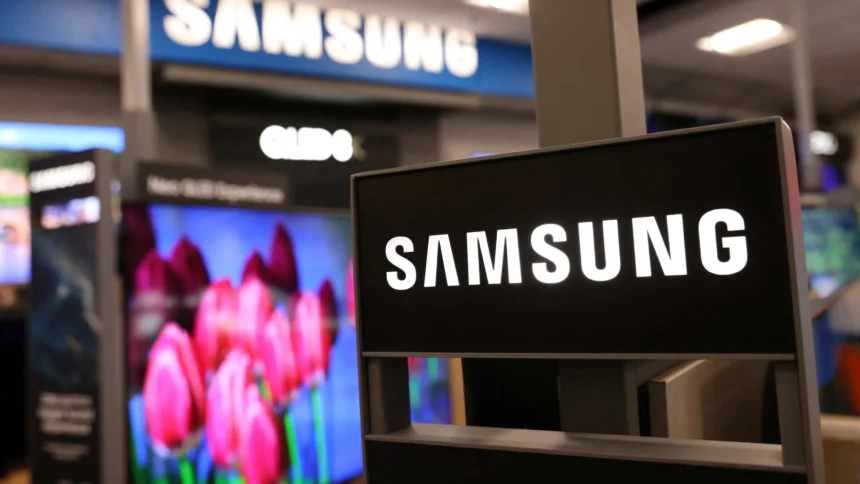Transparently, Samsung Electronics is the leading brand, and to maintain its legacy, it has to face several challenges, due to which it is entering ‘emergency mode.’
Unfortunately, last year, Samsung’s core businesses were a bit screwed up, due to which it is facing a weakened Korean currency, which is resulting in rising oil prices and high borrowing costs. Now, with a bang in the game, Samsung executives will now work six days a week with the hope of settling things down again.
By working six days a week, Samsung executives will review and potentially revise business strategies. Apart from this, the ongoing war in Ukraine and pressures from the East further add to the precarious business environment.
A Samsung Group company executive stated, “Considering that the performance of our major units, including Samsung Electronics Co., fell short of expectations in 2023, we are introducing the six-day work week for executives to inject a sense of crisis and make all-out efforts to overcome it.”
Since Samsung executives are switching to a six-day workweek to tackle business challenges, this new policy only applies to leadership, whereas regular employees will still work the standard five days a week, as introduced in 2003.
Back in 2023, Samsung Electronics recorded an operating loss of 15 trillion won, which is nearly $11 billion in its mainstay semiconductors business, and the Device Solution division overseeing the semiconductor business accounts for at least about 80% of Samsung’s earnings.
The Korean giant is fighting a rising battle to strongly compete with domestic rival SK Hynix Inc. in the growing high-bandwidth memory (HBM) market. Recently, SK Group brought back Saturday meetings for CEOs after adopting a five-day workweek strategy years ago. Samsung and SK Group are both facing economic pressures.











